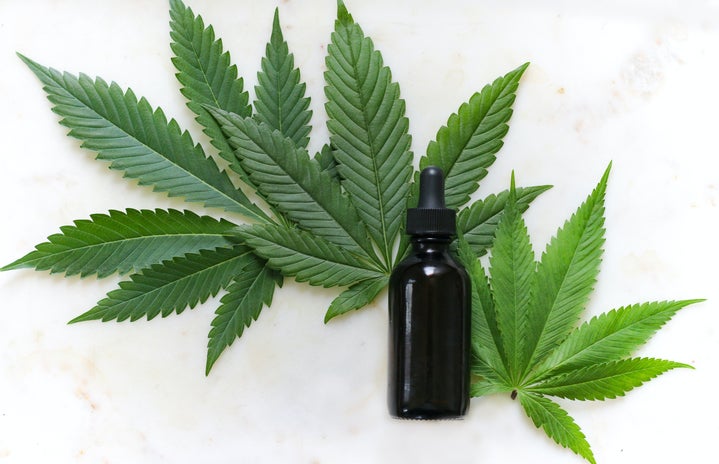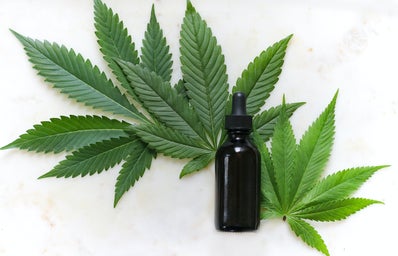**Note: This author currently resides in Massachusetts, where recreational marijuana has been legal since 2017. The author is over 21 years of age.
As states like Virginia, New Mexico, and New York follow the wave of marijuana legalization across the country, millions of Americans are joining the global cannabis conversation. While states continue to pass legislation on smaller levels, Gallup polls from 2016 revealed that one in eight U.S. adults identify as “current marijuana users.” New surveys from Yahoo News and Marist University recently released data pitting the number even higher (closer to 35 million Americans).
When Massachusetts legalized recreational marijuana in 2017, I was admittedly excited. But, I was unaware of just how much this legislation would impact my mental health.
My first official diagnosis came in 2015 at the tender age of 16. Battling with depression and anxiety became a daily exercise, exhausting and unrelenting. Even with therapy and medication, I found myself tossing and turning at night, panicking at the thought of entering public or social spaces.
I am not alone. Research conducted by the Los Angeles Times shows that more Americans than ever are battling symptoms of depression. In the weeks following mandated lockdowns, nearly 28 percent of those surveyed reported at least one symptom of depression. This was up by 8.5 percent in 2017 and 2018.
When my father passed away from liver cancer in September, life felt as though it had frozen. Paralyzed by trauma and isolation, I soon began to view life in black and white. Everything was either safe or terrifying, lonely or overwhelming. My therapist watched as I dissented further and further into panic, prescribing new medication upon new medication. I became quickly disillusioned, numbed by the various side effects, and began to pray for an escape. I was lucky to find it in a little green plant; one I knew in parking lots in high school, but never imagined could help save me now.
With medical oversight and in conjunction with my medication, I began to consume a small amount of THC before bed in the evening. The results were instantaneous: I slept peacefully for the first time in months. Intrusive images of my ill father began to disappear when I closed my eyes. Soon, life wasn’t black or white, it was grey, rainbow, endless and colorful. My life soon had many paths, countless possibilities, and perhaps, maybe, a chance at being wonderful.

To be sure, self-medication does not come without its risks. Lack of research cannot confidently confirm that marijuana is effective in treating these mental health disorders (though new research seems promising). What is known are the indisputable damages to the lungs of smokers, and instances of short-term memory loss. In my own experience, I found several instances where I lack motivation, and lose my breath much quicker during exercise.
In my personal experiences, however, I find that the benefits are undeniable. Not only can I sleep soundly, but microdosing cannabis has assisted in my social anxiety, generalized depression, and black-and-white thinking. CBD products help relax my shaking body, and my appetite has finally returned. With the continued supervision of my therapist, I am more confident than ever in my ability to lead a happy, healthy life.
Even as it gains popularity, weed remains a taboo topic in this country. Beyond the issues of stereotyping or demonizing cannabis users, many activists gave pointed out the unjust legal system that continues to discriminate against Black non-violent drug offenders. As activists call for the release of those currently incarcerated for marijuana, the Biden administration begins to feel the pressure to legalize nationally. The conversation is reaching a critical peak. And I can state without a doubt that cannabis helped save my life, and will undoubtedly help save others.
This is not to state that marijuana can help everyone: it can’t. But in conjunction with medical supervision and medication, it may open a new door to those suffering from mental illness.
As more research emerges and states continue to legalize, I call on the country to bring mental health into the conversation. Now more than ever, Americans are seeking a safe escape. And cannabis may be the answer we’re searching for.




